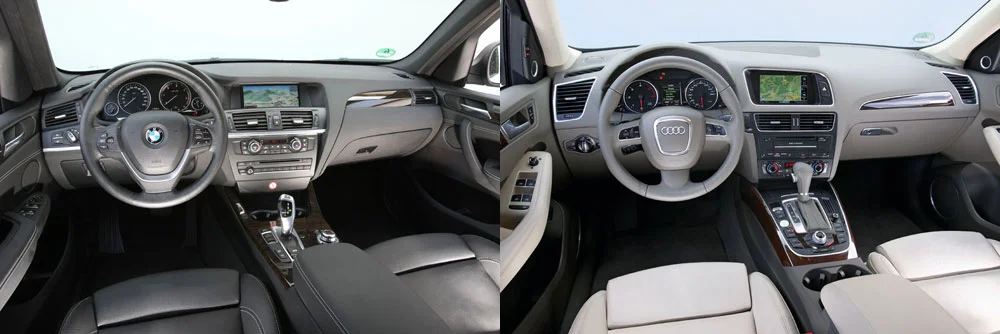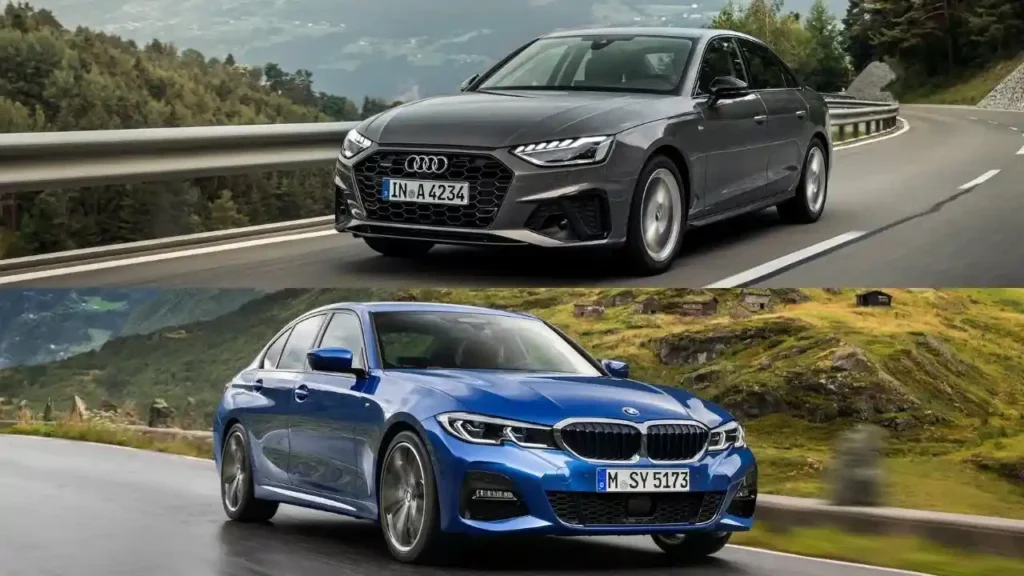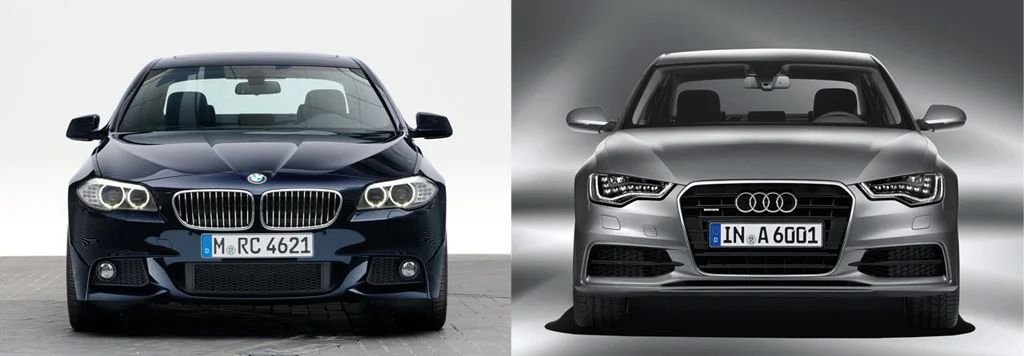When it comes to luxury cars, BMW and Audi are two of the most popular brands on the market. Both offer high-quality vehicles that combine performance, comfort, and advanced technology. However, if you’re trying to decide which brand offers more value for your money, you’ll want to consider several important factors. In this blog, we will break down the key aspects of both BMW and Audi, making it easy for you to understand which brand might be the best fit for you.
1. Brand Overview
Audi
- Parent Company: Audi is part of the Volkswagen Group.
- Reputation: Known for luxury, style, and advanced technology.
- Driving Experience: Focuses on comfort and smooth driving, often featuring all-wheel drive (Quattro) for better handling in various weather conditions.
BMW
- Parent Company: BMW Group also owns Mini and Rolls-Royce.
- Reputation: Famous for sporty performance and driving pleasure.
- Driving Experience: Emphasizes a more engaging and dynamic driving experience, often with rear-wheel drive for better handling.
2. Price and Value
Audi
- Starting Prices: Audi models like the A3 start around $34,000. Mid-range models like the A4 start at about $40,000.
- Value: Audi offers a good range of features for the price, making it a strong contender in the luxury market.
BMW
- Starting Prices: The BMW 3 Series starts at around $42,000, while the 5 Series begins at approximately $55,000.
- Value: While BMWs are generally more expensive, they tend to hold their value well, which can make them a better long-term investment.
3. Performance and Driving Dynamics

Audi
- Engine Options: Audi offers various engines, including turbocharged options that provide good power and efficiency.
- Driving Feel: Audi cars are known for their all-wheel-drive systems, which provide excellent traction and stability, especially in wet or snowy conditions.
BMW
- Engine Options: BMW also has a range of powerful engines, including turbocharged options that deliver strong performance.
- Driving Feel: BMWs are designed for driving enthusiasts. They offer precise steering and a sportier feel, making them fun to drive on winding roads.
4. Interior Quality and Comfort

Audi
- Interior Design: Audi interiors are sleek and modern, featuring high-quality materials like leather and wood accents.
- Space: Audi models generally offer more passenger and cargo space, making them comfortable for families.
BMW
- Interior Design: BMW interiors are sporty and driver-focused, with high-quality materials and a more traditional layout.
- Space: While BMWs are comfortable, some models may have slightly less rear-seat space compared to Audi.
5. Technology and Infotainment
Audi
- Infotainment System: Audi’s MMI (Multi Media Interface) is user-friendly, featuring a large touchscreen and voice control.
- Technology Features: Audi includes advanced features like virtual cockpit displays, which replace traditional gauges with a customizable digital screen.
BMW
- Infotainment System: BMW’s iDrive system is known for its functionality and ease of use, with a range of features available.
- Technology Features: BMW offers innovative tech options, including gesture control, which allows you to control certain functions with hand movements.
6. Safety Ratings and Features

Audi
- Safety Ratings: Audi vehicles consistently receive high safety ratings from organizations like the IIHS and NHTSA.
- Safety Features: Many Audi models come with advanced safety features like adaptive cruise control, lane-keeping assist, and automatic emergency braking.
BMW
- Safety Ratings: BMW also earns high safety ratings and includes many safety technologies.
- Safety Features: BMW vehicles feature similar safety technologies, including forward collision warning and blind-spot monitoring.
7. Reliability and Maintenance Costs
Audi
- Reliability: Audi has a solid reputation for reliability, though some models may have higher maintenance costs.
- Warranty: Audi offers a standard warranty that covers most repairs for a limited time, giving buyers peace of mind.
BMW
- Reliability: BMWs are generally reliable but may require more frequent maintenance compared to Audi.
- Warranty: BMW also provides a competitive warranty, with options for extended coverage available.
8. Resale Value

Audi
- Resale Value: Audi vehicles tend to depreciate faster than BMWs, which can affect long-term value.
- Certified Pre-Owned: Audi has a strong certified pre-owned program, providing buyers with peace of mind when purchasing used vehicles.
BMW
- Resale Value: BMWs typically hold their value better over time, making them a more attractive option for resale.
- Certified Pre-Owned: BMW’s certified pre-owned program is also highly regarded, offering extensive inspections and warranties.
Which Brand Offers More Value?
Choosing between BMW and Audi ultimately depends on your personal preferences and needs:
- Choose Audi if you value a comfortable ride, elegant interior design, and advanced technology. Audi is a great option for those who prioritize comfort and style in their luxury vehicle.
- Choose BMW if you’re looking for a sportier driving experience, powerful engine options, and better resale value. BMW is ideal for driving enthusiasts who appreciate performance and handling.
Both brands offer high-quality luxury vehicles, so it’s essential to test drive models from each brand to see which one feels right for you. Ultimately, whether you choose Audi or BMW, you can expect a premium experience that meets your luxury car needs.


